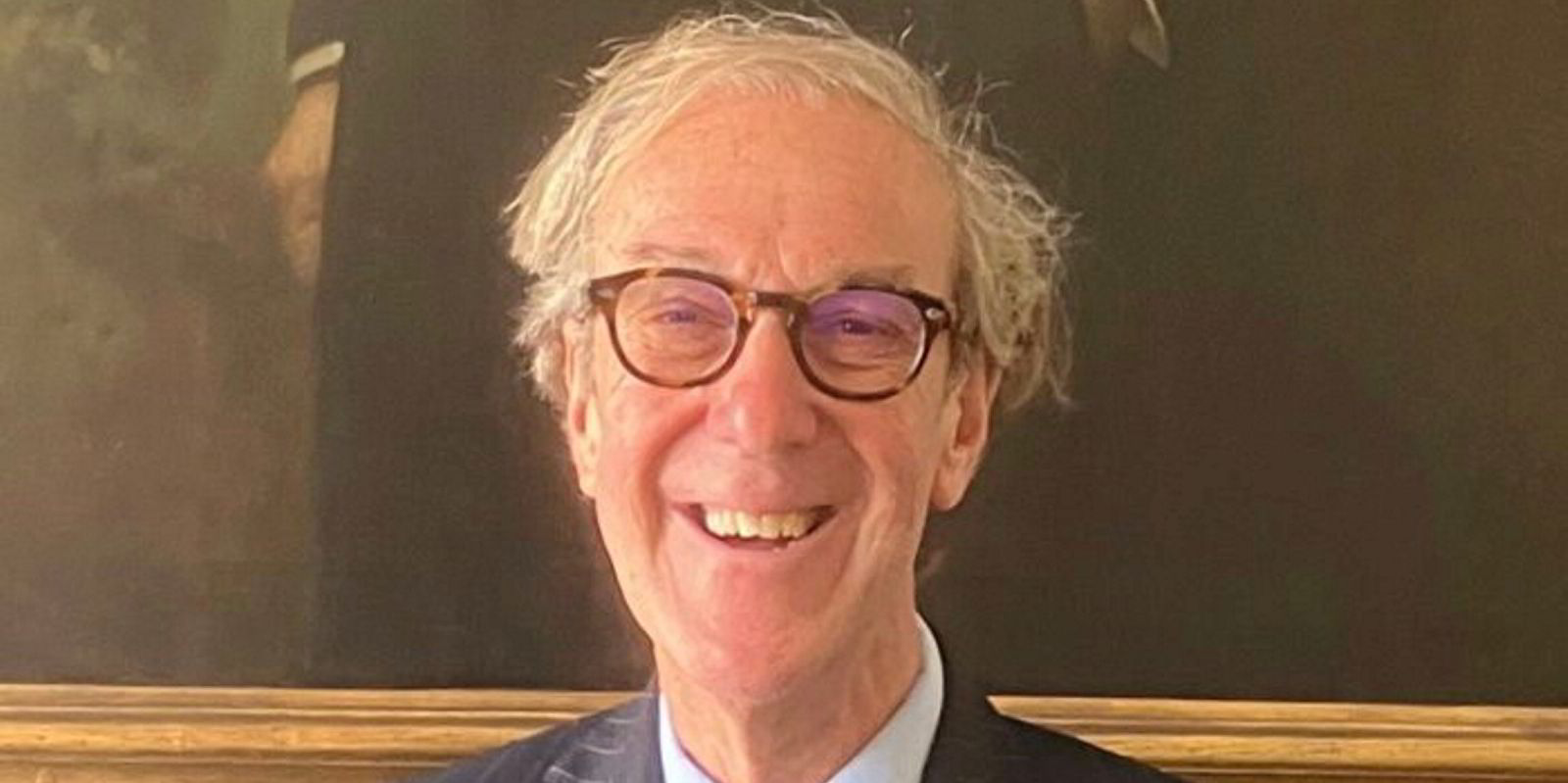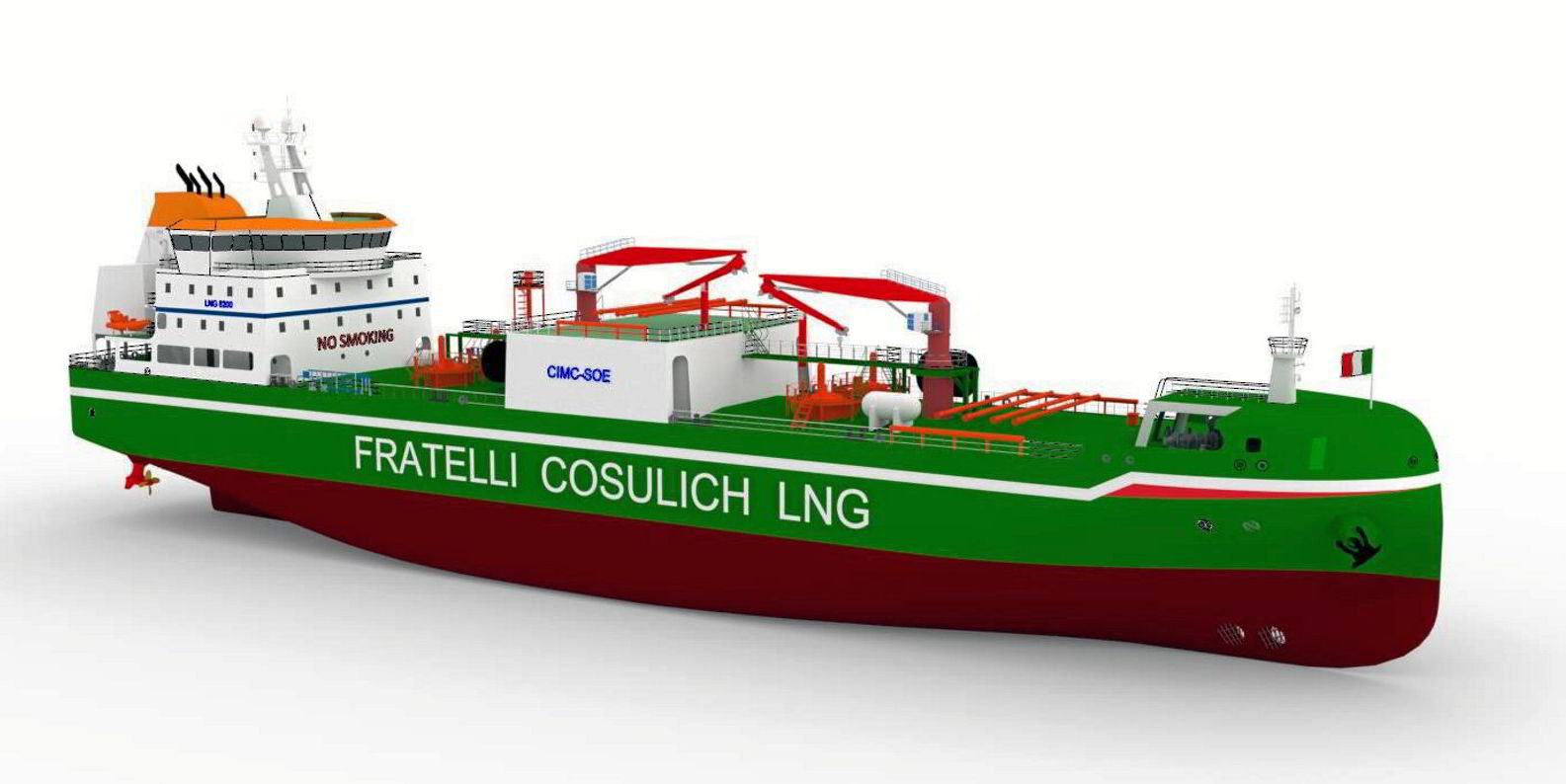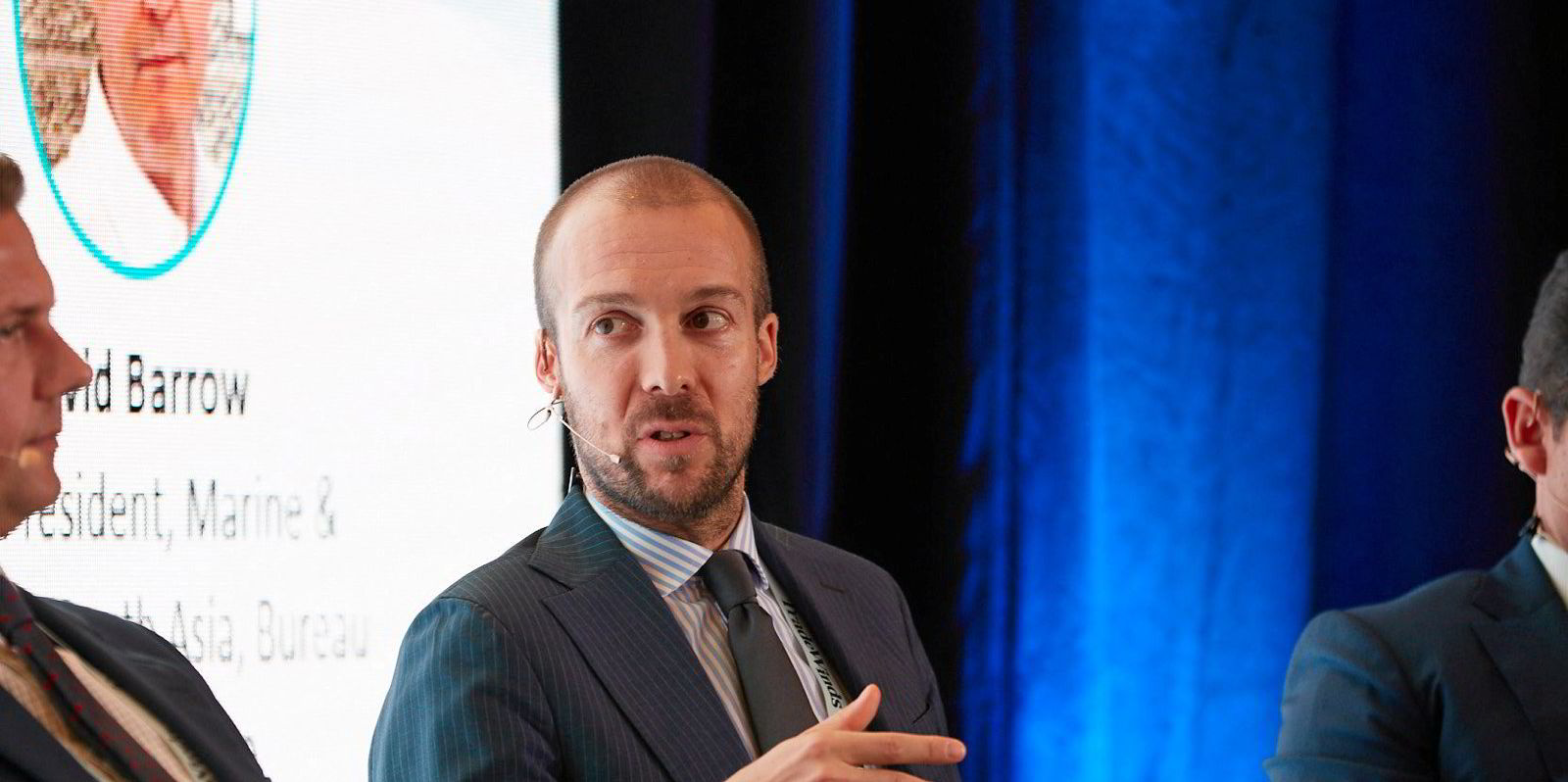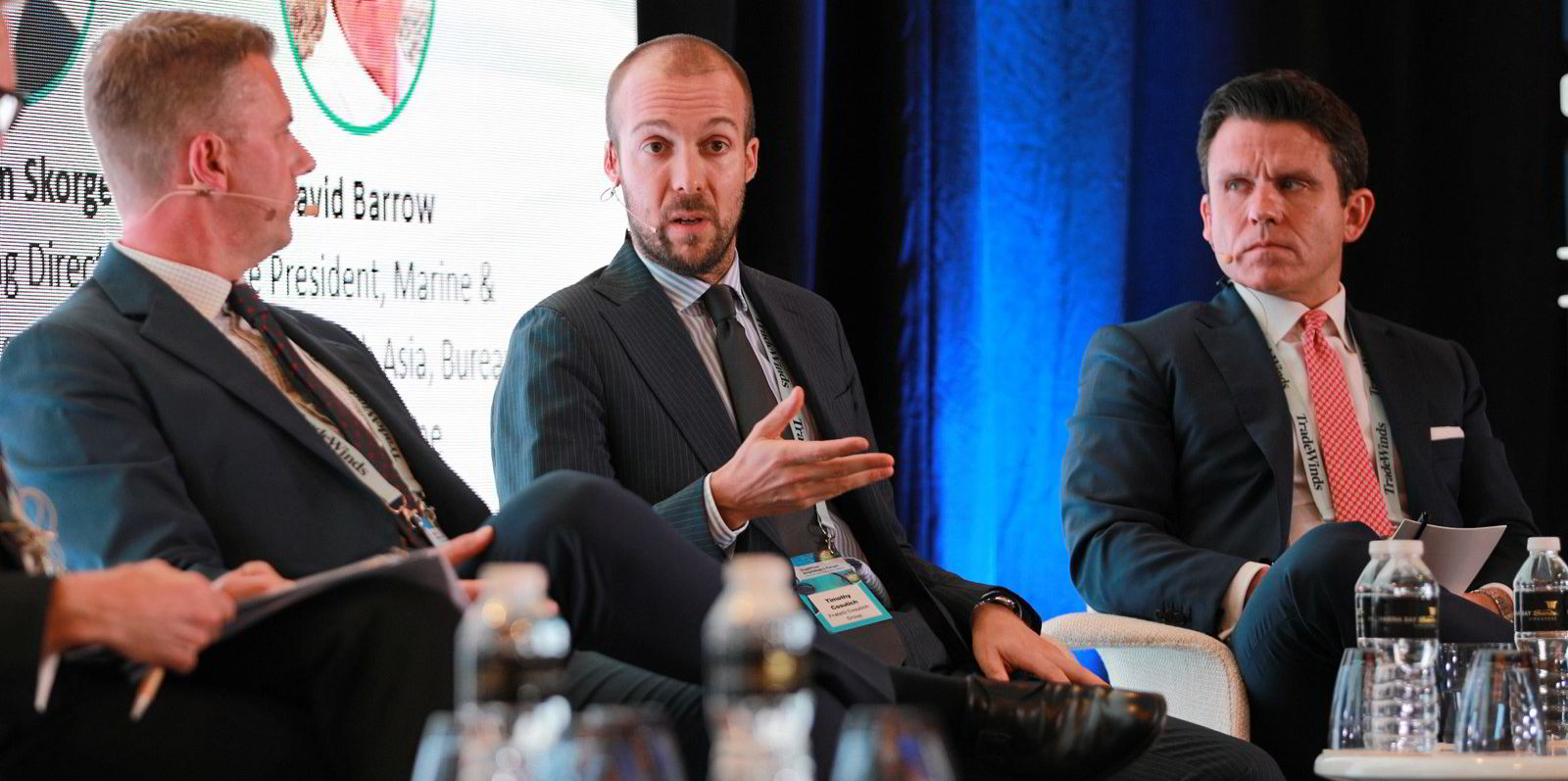Fratelli Cosulich Group chairman and chief executive Augusto Cosulich considers himself a pretty humble guy.
He zooms around his hometown of Genoa on a scooter rather than driving anything fancy.
And he professes to have no interest in possessing a large yacht or other trapping of success.
Cosulich said what motivates him most is driving the success of the family business.
His time at the helm of the Genoa-headquartered company in the past five years has seen a transformation of the business.
And unlike the pace at which the 69-year-old said he still runs a half-marathon, the investments the company is making are speeding up rather than slowing down.
“I’m happy. My life is my business,” Cosulich said. “I wake up in the morning, have new ideas, and talk to my team. We enjoy working together.”
That serenity comes as his company finds itself with more cash to spend than at any time in its history.
Last year was the most profitable ever for the bunker trading, shipping and ship agency company. Turnover was €2bn ($2.1bn), with Ebitda of €66m.
Cosulich said the company made low single-digit profits for most of his 43 years in the business.
The watershed moment came five years ago when he took the reins from family relatives.
That led to Cosulich taking “a different approach”.
“Before in the family, we were scared to invest and do things. And waited,” he said.
Cosulich said the company has made “huge investments” in the past six or seven years amounting to around €380m.
Dividends are being piled back into three areas of bunker and energy, steel and transport. That has grown the company to 116 personnel in 27 offices.
Quandaries
The heart of the company remains its bunker broking and trading activity, which is headed by Augusto’s son, Timothy.
As one of his five children making up the seventh generation of the family, Timothy is an obvious contender to lead the company in future.
However, uncertainty over future fuels is presenting Cosulich with a quandary over future investments.
The company has expanded its fleet of bunker tankers, dry bulker carriers and general cargo vessels in the past two years.
The fleet of 14 ships includes six oil bunker vessels in Singapore.
That will soon be augmented after the company made its biggest investment ever worth about $100m for two LNG bunker vessels. The first LNG ship — the 5,300-dwt Alice Cosulich — is slated for delivery in September, with the sister to come next year.
But Cosulich recognises that LNG is a temporary solution and admits the company is studying alternative fuels such as ammonia and methanol.
The company is making some headway. In April, it gained approval in principle from Italian class society Rina for the design of a 21,000-cbm ammonia bunker tanker.
But the commercial doubts remain, given the uncertain demand for alternative fuel.
“We want to invest in methanol and ammonia,” Cosulich said. “But we are worried. We don’t know how much this alternative fuel will cost and what will be the availability.
“We have to provide services and don’t know what the shipping world will need.
“LNG may last for 10 years or so, after which the world will have to get ready for something else.
“And to build a vessel, you need time — and time is getting short.”
Dry expansion
No such doubts inhibit investment in the dry sector, with Cosulich growing bulker and general cargo fleets.
So far this year, the company has acquired two dry cargo vessels — the 7,967-dwt Toto (built 2010) and 38,900-dwt Venture Ocean (renamed Saturnia, built 2015).
That takes the dry fleet to eight vessels, ranging from mini bulkers of 3,700 dwt up to the 80,000-dwt Panamax Vulcania (built 2015).
“We will keep buying [in the dry sector] because the banks are behind us,” Cosulich said. “We have good clients and charterers. We want to increase the fleet.”
Cosulich’s shareholding in steel trader Trasteel provides synergies for transportation in the dry cargo fleet.
“We are moving forward [on fuels], but slowly,” Cosulich said. “While in the dry, we know where to go. Our vision for the [alternative] fuel is a bit more clouded.”







